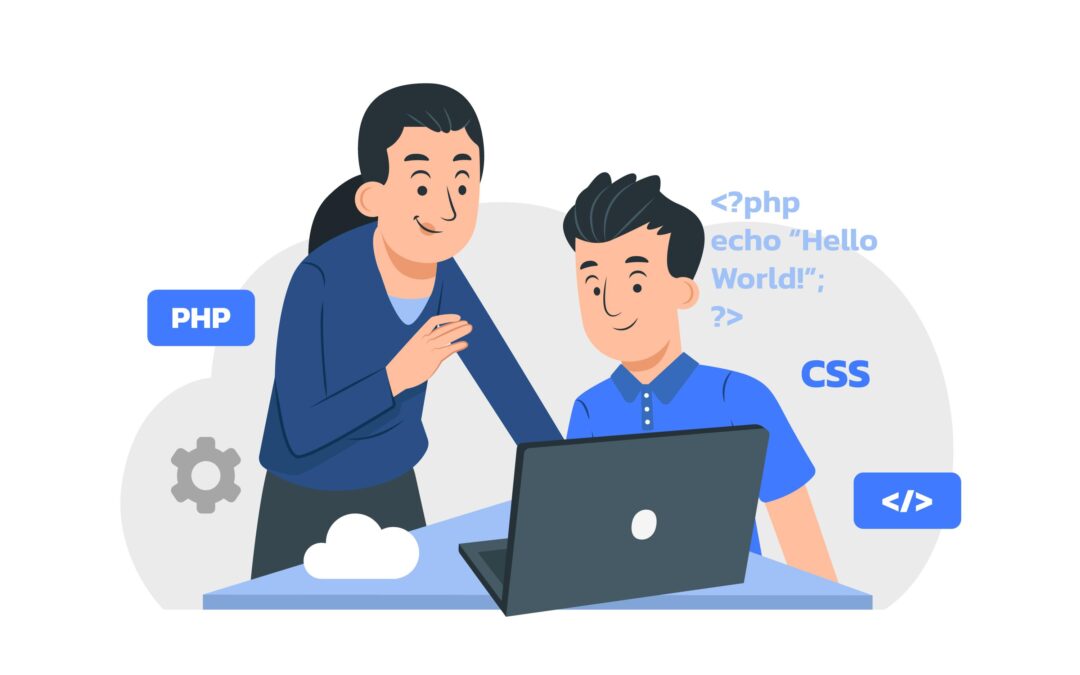Your Step-by-Step Guide to Becoming a Confident Programmer – by Innomatics
1. Cover the Basics
It is important to start with the foundation before getting into complicated projects. You need to understand at least:
- Variables: Variables are containers that hold data.
- Data Types: Understand the different types of data (such as integers, strings, and booleans) and how they work with each other.
- Control Structures: You need to understand how to control the flow of your program through conditionals and loops.
- Understanding these basics will give you a solid foundation for more complex issues.
2. Code Every Day – Even Just a Little
Learning coding is like learning a new language — consistency is very important. Rather than binge-coding for one day each week, you should code for 30–60 minutes every day instead.
- Build mini-projects
- Practice syntax
- Refactor old code
It just keeps your mind “in the zone,” and you can absorb code better.
Looking for structure? Practice your coding every day with our daily coding challenges and tasks.
Check out our Full Stack Development Course
3. Learn by Building, Not Just Watching
Tutorials can be very helpful, but passive learning has its limits. The real magic happens when you build.
Start small with something like a:
- Calculator
- To-Do List
- Quiz App
When you encounter errors (and you will!), the real growth occurs when you figure them out on your own.
4. Break Problems Into Smaller Pieces
Having trouble with a task? Break it down. Forget about trying to solve an entire feature in one go. Focus on one function, one block of logic, or one elusive bug.
You will end up surprised by how easily even the hardest tasks can be tackled – bit by bit.
5. Surround Yourself with a Learning Community
Code is not intended to be done in a vacuum. Being a part of a community with others can help you learn faster.
- Get feedback
- Get past doubts quickly
- Keep motivated
At Innomatics, you’ll find yourself in a rich, supportive learning community online and offline.
Join our social community
6. Keep a Learning Journal
Whenever you get a problem solved, write it down in your own words.
- What was the problem?
- How did you fix it?
- What would you do differently next time?
Doing this helps retention and starts your own personal reference guide.
7. Take Breaks and Avoid Burnout
Don’t make a 6-hour slog if you can help it. The Pomodoro technique (25 mins of focus + 5 mins of break) is invaluable.
Allow room for your brain to breathe. You’ll solve problems much faster when you come back to it fresh.
8. Review and Refactor Your Code
- Don’t write code – revisit it.
- Can it be made more clear?
- Are you being redundant?
- Can it be made more efficient?
Clean code is a habit – it is what separates good developers from great developers.
9. Embrace Mistakes – They’re Part of the Process
No one writes perfect code at the outset. Bugs or errors, and failed projects represent learning points, not failures.
“The only real mistake is the one from which we learn nothing.” — Henry Ford
10. Stay Curious and Keep Learning
Technology changes all the time. Don’t fall behind. Continue to explore new languages, learn APIs, read tech blogs, and find developer communities.
The best programmers are the ones who keep experimenting.
Have You Made Up Your Mind Yet?
Here at Innomatics, we don’t just teach coding, we turn learners into job-ready developers through practical training, real-world projects, and professional guidance.
It makes no difference if you’re starting completely from scratch or changing career paths.

